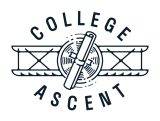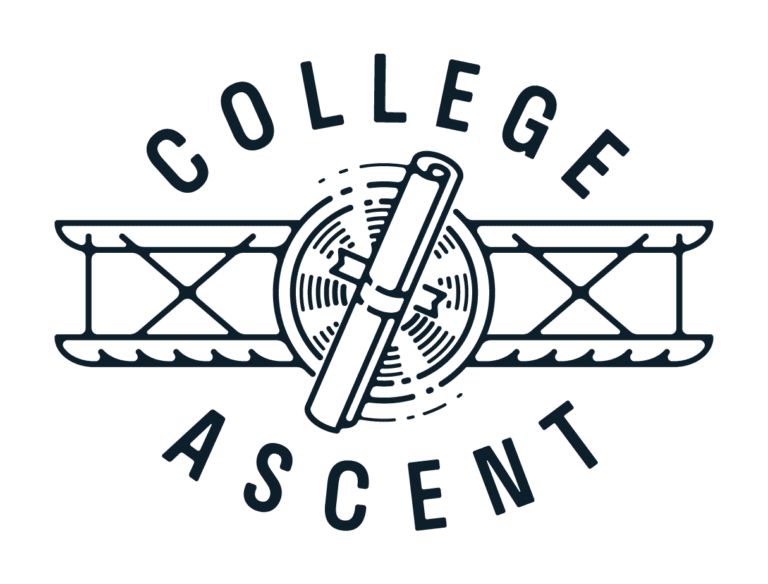A new study released by the Stanford Graduate School of Education defines a good college fit as one where a student will “be engaged — in class and out — by what the college has to offer.”
But, how to you determine the right fit? College Ascent uses a 15-point set of criteria to help families define what the college-bound student is looking for in a campus experience. These criteria focus on academic, social and financial fit. Assessing “fit” will factor in everything from average applicant GPA to research opportunities to whether the campus has a good sushi bar!
College Ascent recommends that students tour (even virtually) a wide range of school options; big and small, local and out-of-state, etc. to get a general idea of what they find appealing. Here are a few additional factors to consider when choosing a college:
Location
Do you want to stay close to home or experience life in a new region of the country? Do you like the idea of studying under the hot desert sun or watching the rain drip off the ivy-covered buildings? Location can be a key factor in searching for your right fit.
Urban or Rural?
Urban campuses appeal to students who like to have a lot of activities outside of their campus environment. Easy access to art, food, culture and public transportation can provide an enriching college experience. Emma, a junior at NYU, says that “in the city, you can learn inside and outside the classroom.”
Colleges in rural locations will provide a more tranquil, classic college campus experience. Often located in small college-centered towns, these schools have strong local ties and often work diligently to bring speakers, performers and concerts onto campus.
Size
According to Steve Antonoff, a renowned author and consultant in higher education, size considerations often cause students to limit the field of potential colleges too early in the process of choosing a college.
There is often a misconception that larger schools offer a less personalized academic environment. However, advising is often better. Larger campuses may also give students a better opportunity to find their niche. Smaller colleges may give students more opportunity to connect with professors and their peers.
College tours, even just walking around a college campus, are key to getting the feel of large, medium, and smaller-sized student bodies.
Extracurriculars, Learning Support, and Career Advising
I always ask students to picture themselves on campus. What are you doing? What kind of help do you need to succeed? A recent client headed to the University of Colorado wanted the classic Division 1 Saturday afternoon football experience. So, we looked for schools with a strong football tradition. A current client interested in studying International Business wants the opportunity to study in France for a semester of language immersion. Other things to consider include internships, research opportunities, academic support and mental health services.
Of course, there are many other factors to consider; cost, academic rigor, religious affiliation, curriculum and career counseling. Finding the right fit before you settle into your dorm will set you up for college success!



